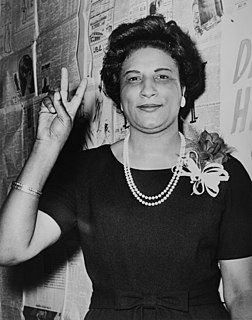A Quote by Richard Rodriguez
The drama of the essay is the way the public life intersects with my personal and private life. It's in that intersection that I find the energy of the essay.
Quote Topics
Related Quotes
My presence isn't simply about "character" - I'm present in every part and particle of the thing, in the sound and rhythm of the sentences, in the shifting tones and the selection of details, in the comedy, the sadness, and the confusion. For the space of an essay, I'm the air you breathe, everywhere and nowhere. With a personal essay, I don't think you'd want it any other way. You ought to have the sense of an encounter, the impression of having met someone. In my essays, for better or worse, that someone is me.
Back in the day, a lot of our instructors in nonfiction were actually fiction scholars. So they would bring in stories as models for the essay. And in some ways that's a good idea, because we can all learn from other genres. But I think it also made me realize that I literally didn't have an essay model, and that if I wanted one I would have to find it.
Too much me is annoying under any circumstance, but too much me in an essay, however personal, would mar the art. My "character" in the essay is more like a perspective, an angle of vision, a complicating factor, a questioning presence. I don't sit on the sidelines or pretend to objectivity; and I'm not afraid to stick my neck out or to be revealing and vulnerable.
Now the truth is, writing is a great way to deal with a lot of difficult emotional issues. It can be very therapeutic, but that's best done in your journal, or on your blog if you're an exhibitionist. Trying to put a bunch of *specific* stuff from your personal life into your story usually just isn't appropriate unless you're writing a memoir or a personal essay or something of the sort.
A key text for me is James Baldwin's essays. And, in particular, his essay Stranger in the Village. It's a text that I've used in a lot of paintings. The essay is from the mid-'50s, when he's moved to Switzerland to work on a novel, and he finds himself the only black man living in a tiny Swiss village. He even says, "They don't believe I'm American - black people come from Africa." The essay is not only about race relations, but about what it means to be a stranger anywhere.




































